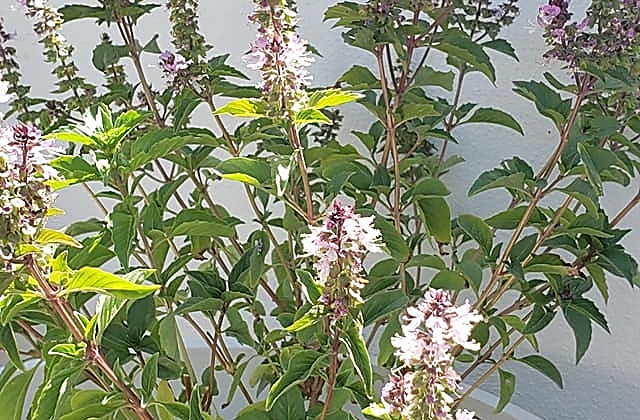How to Have a Successful Herb Garden – Where to Begin

Learning how to have a successful herb garden begins with learning how to identify the best herbs for your garden. Most gardeners are surprised to learn that there is no right or wrong way of growing herbs, but rather a mix of common sense and experimentation that yields the best results. Some herbs will do well in a larger garden, while others will do well on a small plot of land. A great way to find out is to go shopping for herbs and watch as they start to grow.
When you visit a local gardening supply store, look around at the herb section and look for popular herbs. Ask the store clerk which ones they recommend growing in your area. You should try to grow at least five of them because the number of plants you can have in your herb garden is limited only by your imagination. Basil, dill, sage, Rosemary, chives, oregano, and marjoram are all popular herbs for herb gardening. The first thing you need to do is determine how much room you have available for planting. Some herbs can be grown in a small yard, while others need to be planted in deeper soil.
Once you have determined where you are going to plant your herbs, it’s time to make your purchase. There are many types of herb gardens that you can choose from, so be sure to choose a theme. For instance, if you are into cooking, then look for an herb garden that features herbs that have flavors to use in your kitchen. Culinary herbs come in all shapes and sizes. You will need to know what types of herbs you are interested in growing.
Once you have decided on the herbs you want in your garden, check the type of soil you have available. Some herbs prefer a rich soil that is not too moist, but not too dry. Other herbs grow better in clay or rock-hard soil, which is completely organic. Knowing how to have a successful herb garden involves knowing which type of soil will best suit the herbs you plan on growing.
The next step in how to have a successful herb garden is to decide on a container. Herbs do best when they are in pots that have tight but loose soil. Containers come in all shapes and sizes, but most are glass, plastic, ceramic, or glass. You also have the option of planting herbs in the ground like you would with a garden. However, some herbs can only be planted in containers.
If you have the choice, you should plant your herbs right after the last frost. The reason you want to wait until winter has nearly passed is because as the weather warms up in spring, you’ll need to put your herbs in their containers. This is also a good time to prune your plants so you can get rid of spiky growth. If you are planning to plant your herbs in the ground, make sure you remove all of the weeds before you start harvesting.
There are two things you need to know about your herb plants. First, keep in mind that certain herbs require full sunlight, some herbs don’t. Secondly, you should plant your herbs away from fences, walls, sprinklers, and any other unwanted plants. It may take a little effort in the beginning but watering your herb plants will prevent disease and lessen the risk of your herb garden sprouting weeds. Your herbs will also enjoy being out in the weather and eating the sunshine, which will keep them healthy for many years.
Learning how to have a successful herb garden isn’t that hard. When you plant your first herb, you’ll find it easier than if you had an entire garden to work with. Start small and work your way up. Enjoy the fresh herbs your herbs bring to your table and the joy they provide by bringing you heat from the sun.